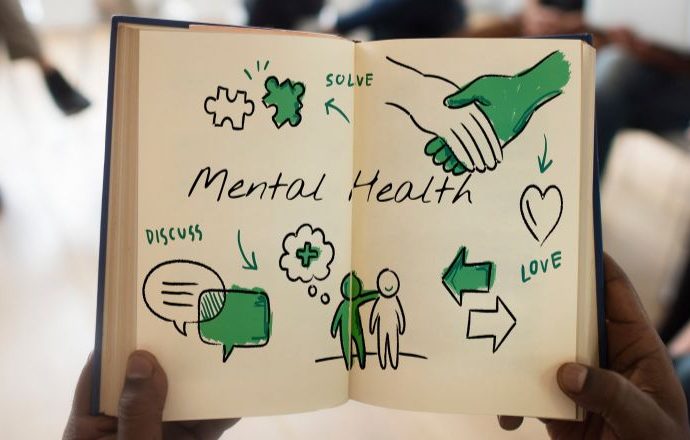People throughout the world are continuously learning new methods and strategies for dealing with anxiety in all of its manifestations. Every day, concerns and fears that arise in life are something that we can all identify with. Nonetheless, all of us must recognize the differences between disruptive symptoms. For someone who suffers from clinical anxiety, such concerns and emotions are far more potent than the normal fears and anxieties that most of us occasionally encounter. In many areas of life, including work, education, relationships with others, and more, the symptoms of a clinical anxiety diagnosis can be persistently upsetting and incapacitating.
Comprehending Anxiety
Anxiety is more than a passing feeling of unease, which often manifests in a variety of ways, including uneasiness or a lingering feeling of dread. While some people may have physical symptoms like sweating or a rapid heartbeat, others may have restlessness and difficulty sleeping. The first step to managing anxiety is understanding how it manifests.
Everyday circumstances might serve as common anxiety triggers. It could begin with a family get-together, a big presentation at work, or simply traffic on the way to work in the morning. These are everyday occurrences for many people, but for those who suffer from anxiety, they can lead to increased tension. By being aware of these triggers, people can lessen the possible harm by anticipating and preparing.
Five Useful Tips To Reduce Stress And Encourage Well-Being
By fostering the best possible environment for your growth, well-being, and recovery, the following advice supplements expert assistance for anxiety. Those without a diagnosis of anxiety who wish to learn how to manage the anxiety that comes with the normal highs and lows of adult life can also benefit from these recommendations.
1. Deep Breathing
One easy yet effective method of alleviating tension and anxiety is deep breathing. Stress levels can be lowered and the mind calmed by using techniques like box breathing and diaphragmatic breathing.
2. Daily Exercise
Exercise is a safe, all-natural way to reduce anxiety. It is an effective way to relieve tension, generate endorphins, and improve your mood. Even a regular walk or a short yoga session might make a huge effect.
3. Meditation and Mindfulness
It has been shown that mindfulness meditation lessens depressive and anxious symptoms. By focusing on the present moment and noticing your thoughts without judgment, you can create a sense of serenity and satisfaction.
4. Take Assistance
Speaking with someone can significantly alter your feelings. Seek assistance from loved ones, friends, or a qualified counselor.
5. Nutritious Food Practices
Your energy levels and mood might be impacted by the foods you eat. Your mood can be stabilized and your general mental health can be enhanced by eating a balanced diet full of fruits, vegetables, healthy grains, and lean meats.
Conclusion
Anxiety and stress management is a process rather than a final goal. Your mental health and quality of life can significantly improve if you incorporate these useful and worth using strategies into your daily routine.











